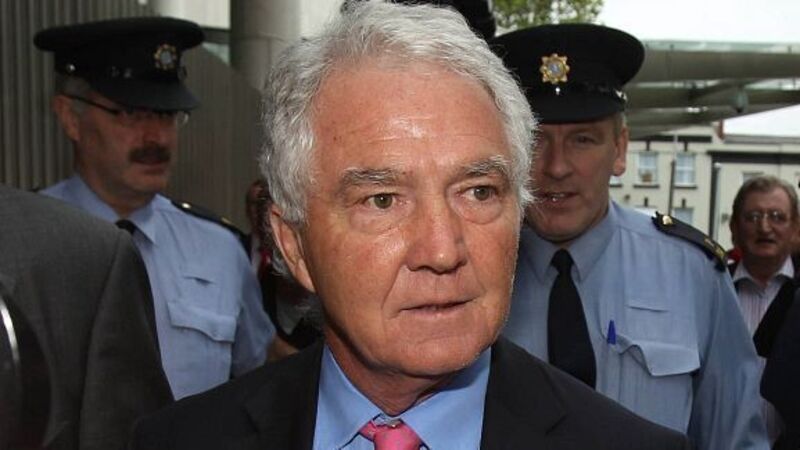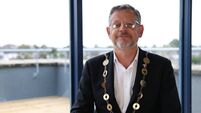Leaked tapes could delay Anglo trials for years

The revelation came as Finance Minister Michael Noonan warned that “mucking about” with such audio information could lead to evidence becoming “contaminated” and excluded from future legal prosecutions.
With concern growing about the fall-out of the Anglo tapes, a senior legal source said: “In the past, the publicity generated from these tapes could have collapsed the subsequent trial, but now it is much more common to delay the trial until the publicity has died down. However, it is going to be a very hard call to decide when the publicity has died down.”













